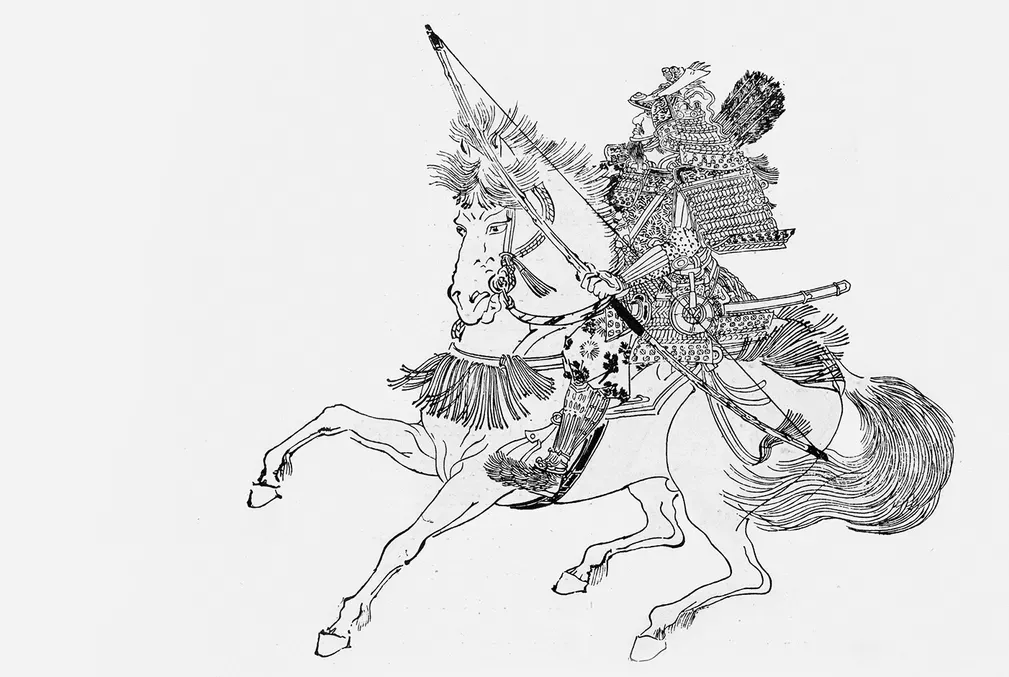
Stanford’s Ellen Markman honored with lifetime achievement award for mentorship
The developmental psychologist will be presented with an Association for Psychological Science Mentor Award in recognition of her efforts to foster the careers of students and postdoctoral scholars.
Ellen Markman, the Lewis M. Terman Professor and professor of psychology in the School of Humanities and Sciences, has been honored with a 2023 lifetime achievement award for mentorship from the Association for Psychological Science.
The award recognizes researchers who have made significant contributions to shaping the field of psychology by mentoring students and colleagues.
“I am delighted to have received this heartwarming award,” Markman said. “Throughout my career, I have had the opportunity to mentor, collaborate with, and become lifelong friends with incredible people who did graduate and postdoctoral work with me. I consider this one of the great privileges of my life.”
Markman will be honored at the association’s convention in May. The mentor award is one of four APS lifetime achievement awards. Four other academic psychologists also will be recognized with mentor awards at the event.
“Our 2023 Lifetime Achievement Award recipients have made important and transformative contributions to research and mentoring,” said Robert Gropp, CEO of APS, in a news release. “Their scholarship has contributed greatly to science and human well-being more generally.”
A distinguished developmental psychologist, Markman joined the Stanford University faculty in 1975. She served as chair of the Department of Psychology from 1994 to 1997, cognizant dean for the social sciences from 1998 to 2000, and senior associate dean for the social sciences from 2013 to 2020. (The title of cognizant dean was replaced with senior associate dean in the mid-2000s.)
Her research focuses on the relationship between language and thought, early word learning, categorization and induction, theory of mind, pragmatics, implicit theories, conceptual change, and how theory-based explanations can be effective interventions for promoting healthy behaviors.
She has mentored more than 30 graduate students and postdoctoral scholars.
According to the APS press release: “Markman’s impact on the field of developmental psychology includes not only the degrees and appointments her former advisees went on to secure but also their success forging innovative new research directions and teaching others. They credit this to her insightful analysis, her probing but respectful critiques, her creative approach to research questions—and, in particular, her skill pushing students to improve their thinking and hone their ideas.”
In letters supporting Markman’s nomination for the award, former students highlighted her knack for teaching them how to think through research questions and her commitment to nurturing their growth as scholars.
Lucas Butler, associate professor of human development and quantitative methodology at the University of Maryland, said Markman’s “focus on mentorship of students and colleagues is unparalleled, and her impact on the field of psychology is hard to overstate.”
“Simply put, Ellen’s primary focus across her career has been and continues to be helping her students and colleagues craft and hone their ideas, to develop them from vague questions to initial ideas, from rudimentary first steps to innovative and transformational programs of research,” added Butler, who studied under Markman from 2007 to 2012.
Dare Baldwin, a professor of psychology at the University of Oregon and former Guggenheim Fellow, studied under Markman in the 1980s. “Ellen was always generous with her mentorship; for example, we spent hours revising my drafts,” Baldwin said. “It was during these times that I learned to recognize conceptual clarity and to write for the reader.”
Among other awards and honors, Markman has been recognized with the American Psychological Society’s William James Lifetime Achievement Award for Basic Research and the American Psychological Association’s Division 7 Outstanding Mentoring Award.
She is a member of the American Academy of Arts and Sciences and the National Academy of Sciences as well as a fellow of the Association for Psychological Science and the Cognitive Science Society. She has co-authored dozens of book chapters and peer-reviewed papers. With development psychologist John Flavell, she co-edited Handbook of Child Psychology, Cognitive Development (Volume 3) (Wiley, 1983). She is the author of Categorization and Naming in Children: Problems of Induction (MIT Press, 1991).



